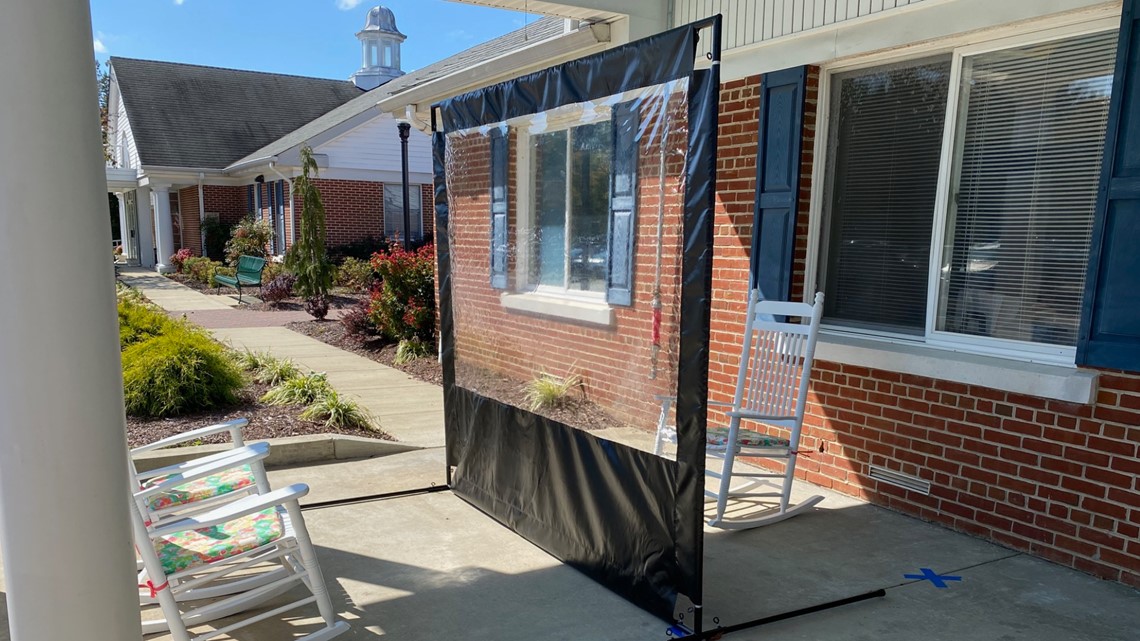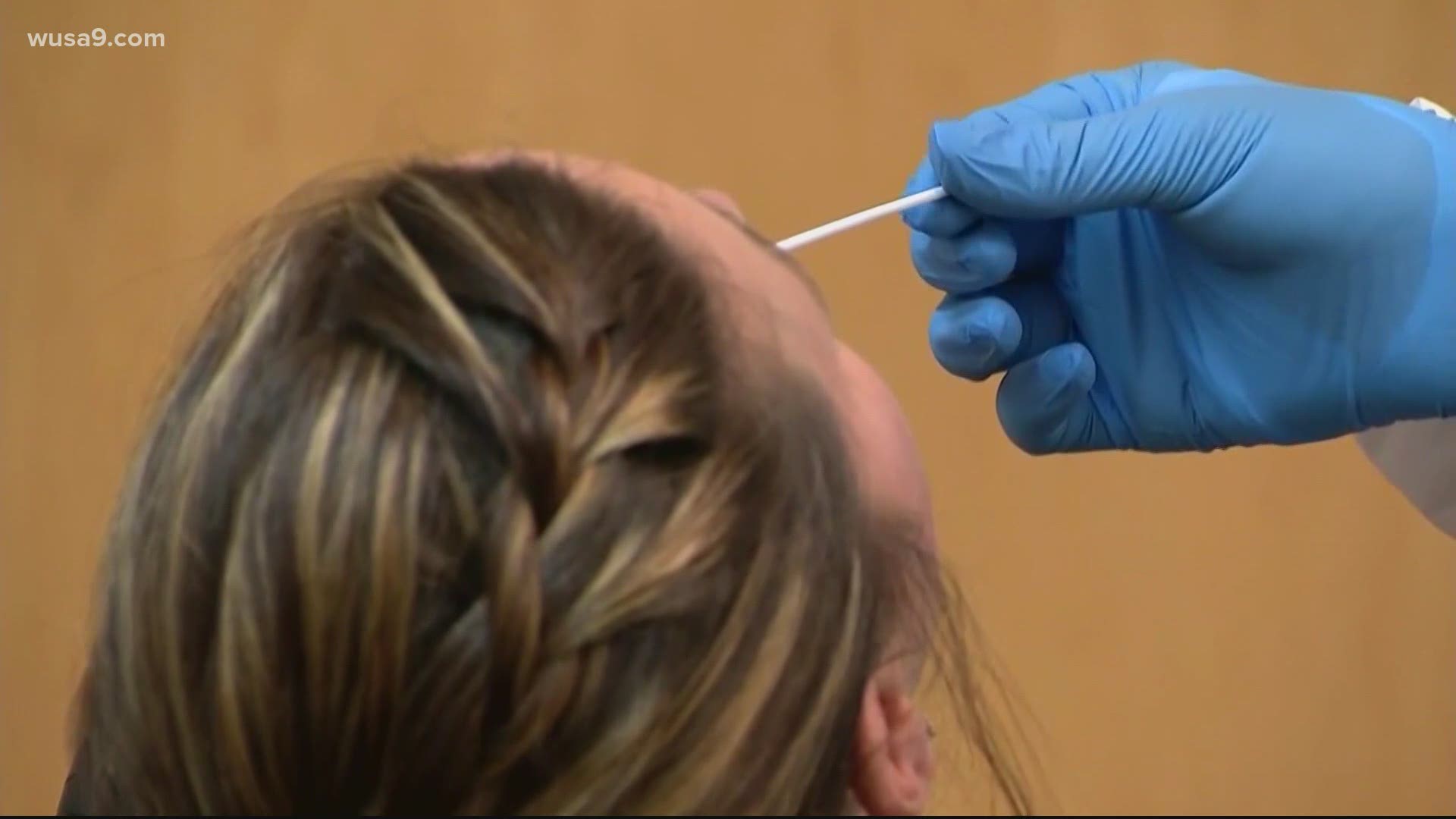MARYLAND, USA — The state of Maryland is giving nursing homes rapid COVID testing kits to help them prepare for indoor visits. But, some centers were left wondering how effective they are in detecting the virus.
“The entire point of testing is to catch asymptomatic and presymptomatic individuals," President and CEO of Sagepoint Senior Living Services, Andrea Dwyer said. "That’s what nursing homes are trying to catch before they have a spread.”
Dwyer is concerned about using the 15-minute rapid antigen tests, since the Maryland Department of Health said they're "best when used with high viral shedding, probably within the first five days after symptom onset."
She said she does believe the rapid antigen tests can be useful in certain situations but is worried about relying on it in a long-term care facility, since it's such a high-risk community.


President of Mayo Clinic Laboratories, Dr. William Morice said there are two big differences between the rapid antigen test and the PCR (polymerase chain reaction) molecular test.
The antigen test uses a chemical reaction to detect the presence of a COVID protein that produces an immune response on site. The molecular test analyzes the virus' genetic material using a special machine in a lab.
“The advantage of an antigen test is that it’s much more convenient," Dr. Morice said. "It can be done right at point of care …The advantage of the molecular testing even if does have a special machine and site is that it does amplify, so it tends to be more sensitive.”
Dr. Morice said sensitivity and specificity are the two things they're looking for in determining a test's effectiveness. Sensitivity refers to how likely the test is to be positive if you have the virus. Specificity refers to how likely the test is to come back positive if you're not infected.
“What you really want is something that will be likely to be positive in someone who has it and unlikely to be positive in someone who doesn’t," he said. "The challenge with COVID is that we know individuals are most likely to spread it before symptoms, so you’re really trying to catch the virus earlier in the course of the infection, so it really stresses the sensitivity.”
When it comes to the antigen test being effective in preventing an outbreak at a long-term care facility, Dr. Morice said it's just one tool -- and nursing homes should certainly take other precautions.
“Testing is just one element, and we really have to have other measures in place, because nothing is going to be 100% in terms of just doing a test and being able to say the test is negative, so now it’s safe for people to interact as though COVID didn’t exist," he said.
Dr. Morice said masks, social distancing, and screening visitors will be critical. He said researchers are currently working on other methods to detect the virus like different biologic signs that dogs can sniff out.
At the end of the day, he said the key in staving off an infection will be compliance with prevention measures.

